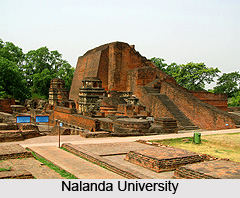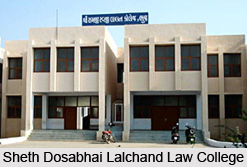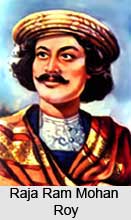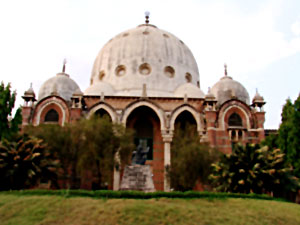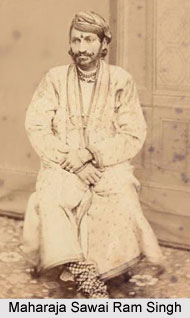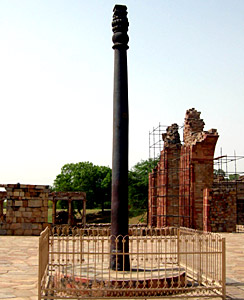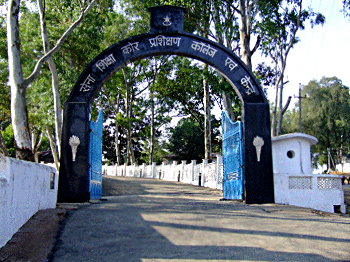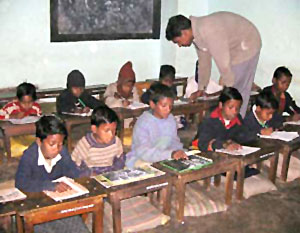 In the recent times, Non Formal Education in India has gained considerable importance through out the country. Development of Education in India was seen mostly after independence. The educational system in the country was modified to a great extent and was structured accordingly. Different forms of education were introduced in the society. The 86th Constitutional Amendment Act was passed by the parliament to make education a fundamental right. Formal and non formal educational systems were popularised in India. Non-formal education in India achieved world wide recognition. This policy of education was introduced mainly in the late 1960s and early 1970s.
In the recent times, Non Formal Education in India has gained considerable importance through out the country. Development of Education in India was seen mostly after independence. The educational system in the country was modified to a great extent and was structured accordingly. Different forms of education were introduced in the society. The 86th Constitutional Amendment Act was passed by the parliament to make education a fundamental right. Formal and non formal educational systems were popularised in India. Non-formal education in India achieved world wide recognition. This policy of education was introduced mainly in the late 1960s and early 1970s.
Non Formal Education (NFE) is designed as a planned and properly co-ordinated activity to provide education which is not and rigid and structured as formal mode of education. As a result Non Formal Education is rather flexible in its organisation and methods of teaching, which focuses on the convenience of students that comprises of a range of clientele groups. The method of instruction, age group of learners, duration of teaching, syllabus and contents and process of evaluation are customised to suit the targeted students. This is the reason why, Non Formal Education has spread through out the country and reached the children and youth, who were unreachable through formal education. The main focus of Non Formal Education is to provide education to all the citizens of the country, both in urban and rural areas.
Non Formal Education in India is the concept of recurrent and lifelong learning. In addition to that Non Formal Education is about acknowledging the importance of education, learning and training which takes place outside recognised educational institutions. According to experts, four characteristics can be associated with Non Formal Education that includes: Relevance to the needs of disadvantaged groups, Concern with specific categories of person, a focus on clearly defined purposes and Flexibility in organisation and methods. The notion of Non Formal Education in India refers to education that mainly takes place outside of the schools that are formally organised. Moreover, non-formal is a term which is used to refer to adult literacy and continuing education for adults. This educational policy is preferred by the rural as well as urban communities, as it is not compulsory and does not lead to a formal certification. The Non Formal Education system is likely to be supported by the State authorities.
The program of Non Formal Education in India was launched by the Government of India during 1979-80. In 2001, the Government launched Sarva Shiksha Abhiyan programme with the objective to provide education to the children of 6-14 years age group and to those who have constrains in attending regular schools. The Non Formal Education policy also helps those students who are school drop-outs, working children and children from areas without easy access to schools. The programme is designed particularly for girls and other children with disruptive social and financial conditions. This policy of education is extended to all parts of the country including urban slums, as well as hilly, tribal and desert areas. The program is functional in all the states and Union territories of India with voluntary assistance to centres offering non formal education.
